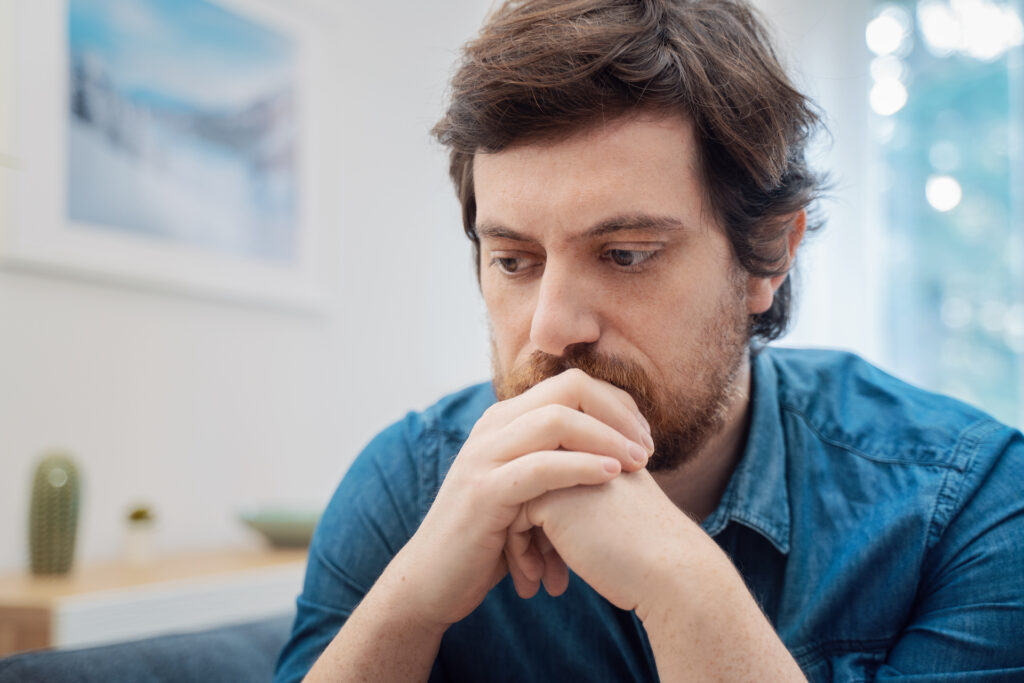Recovering from addiction is not easy. Programs that advocate for a white-knuckling type of sobriety try to eliminate any and every occasion that might trigger use. Some programs knowingly or unknowingly shame people after they have had a slip, trying to use such shaming as a disciplinary tool.
Neither fearing the objects of our addictions nor being shamed for repeating a pattern that has been with us for so long are the remedies anyone is looking for in addiction recovery.
Fear, Shame, and Guilt
Fear or shame-based approaches may seem to work in the short term, only to fail miserably in the long term. The authentic driver of a good life is not avoiding anything, but being so full of life that nothing has such a power over us to the point of becoming an addiction.

A major step in this direction is overcoming guilt. A guilt cycle can keep you chained to the very thing you know is not healthy for you.
The Guilt Cycle
Let’s take a behaviour like binge eating. The more we feel guilty after having thus “indulged” ourselves in food, we might get flooded with feelings of guilt. The inner critic (the internalized bully) might practically be yelling at us, “You shouldn’t have done that!”
The more that we believe its heartlessly punishing voice and disgusted tone, the more stuck we feel as “the one who did something wrong!” And so we accept the punishment and the abuse of our internalized bully.
In this dynamic, we are reduced to a child deserving of such scolding, as we lose our power and sense of worth in an onslaught of shaming and scolding. And the more we feel small, the more we will want to feel better by eating! So we rebel against the inner bully and eat more despite not really wanting to do so…and the cycle begins again.
Rebel Against Your Inner Critic
Cutting through the cycle of guilt (and then rebellion against feelings of guilt) is important inner work, without which we cannot really recover our sense of dignity – which is what truly feels good.
Neither being a victim to the inner critic, nor rebelling against its toxic labels or demands is a solution to guilt, but an open-eyed, self-compassionate approach in which we hold ourselves accountable without self-punishment.
Such accountability empowers us instead of diminishing us. It inspires us instead of shaming us. It includes a healthy, compassionate holding of the younger, wounded part in us who so readily takes the words and the tone of the inner bully to heart.
Connecting with Our Inner Child
We each carry a young child within (emotionally speaking) who already believes the inner critic. This child, often shame and fear-ridden, needs our tender attention, our compassionate holding and care.

The more we remember, connect with, and tend to the pain of this part of us, the more dignified we tend to feel. The more we learn to protect this vulnerable part of us from the internalized bully, the more deeply we heal and grow. At this point, addiction is no longer necessary, nor is any other unhealthy reliance on substances, people, things, etc.
We begin to feel whole within. And such wholeness is the feel-good experience we’ve been looking for all along. No need to look for it anywhere else.
For help with addiction and/or mental health or questions regarding treatment, please call us at any time. At Sunshine Coast Health Centre, we have a team ready to answer any questions you may have and guide you in the right direction.



